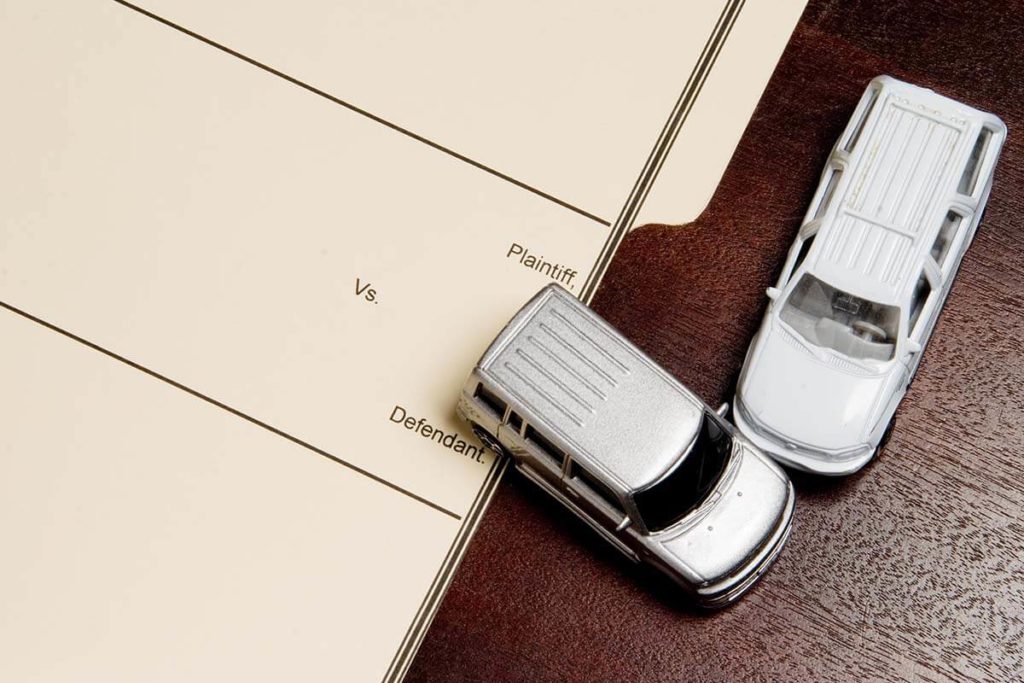A Guide to Personal Injury Damages by One80 Law
Personal injury damages – the compensation you receive from the court – are awarded in a few different categories. This blog post covers the types of damages you might be entitled to receive. If you have any questions leading from this post, we encourage you to arrange a free initial consultation with Catherine Young.
General damages in personal injury law
General damages are those which have a clear connection to the accident where you were injured. These include damages for things like:
- Physical pain and suffering from your injuries,
- Mental anguish
- Physical disfigurement or impairment
- Loss of companionship (for example, if your spouse was killed in an accident),
- Lowered quality of life.
For general damages, there is a cap provided under Canadian law of $391,450. There are different caps which apply to minor injuries in car accidents so please discuss this with your personal injury lawyer. Broadly speaking, the severity of your injuries will affect your settlement value.
Special damages in personal injury law
Special damages are provided to compensate you for the losses incurred because of the accident. These might not apply in every case.
An example of special damages is a medical bill you incurred because you had to have medical treatment for the injuries you received from the accident.
Special damages can also include things like:
- Your property which was damaged in the accident (such as your car or bike),
- Lost wages and lost earning capacity
- Medical treatment including future bills
- Having to hire a personal carer or housekeeper
For special damages, there is no cap under Canadian law.
Punitive damages in personal injury law
Punitive damages are awarded where there was particularly reckless or dangerous behavior by the person who caused the accident, and are awarded as a financial punishment to that person.
They are only awarded in exceptional circumstances, so don’t count on receiving these damages. There are many factors taken into account when deciding if they’ll be awarded including:
- The harm caused
- The degree of misconduct
- The vulnerability of the plaintiff
- Whether the defendant gained an advantage or profit from the accident.
Examples of when punitive damages have been awarded included road rage incidents or where the damage was caused intentionally.
How to quantify damages
General damages are hard to estimate as they need expert medical investigations and reports to help quantify an amount to compensate the injured person. These investigations take time and effort as you’ll need to work with witnesses to the accident, expert witnesses and other authorities to build the evidence to support your case.
Special damages can also be hard to quantify which is why working with an expert in personal injury law will be beneficial, as they can arrange expert witnesses and reports.
What damages you may or may not be compensated for, and to what degree, isn’t an itemized checklist of amounts that you can easily tally up before deciding whether or not to make a personal injury claim. It’s strongly recommended that you discuss your matter with a personal injury lawyer as soon as you possibly can to ensure that, if you choose to make a personal injury claim, you give yourself the opportunity to get the maximum compensation amount available to you.
If you’d like to arrange a free initial consultant, book an appointment today.


